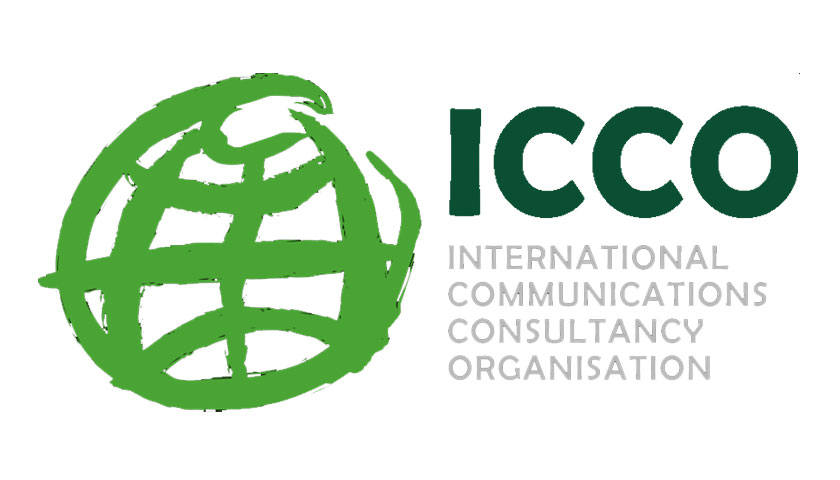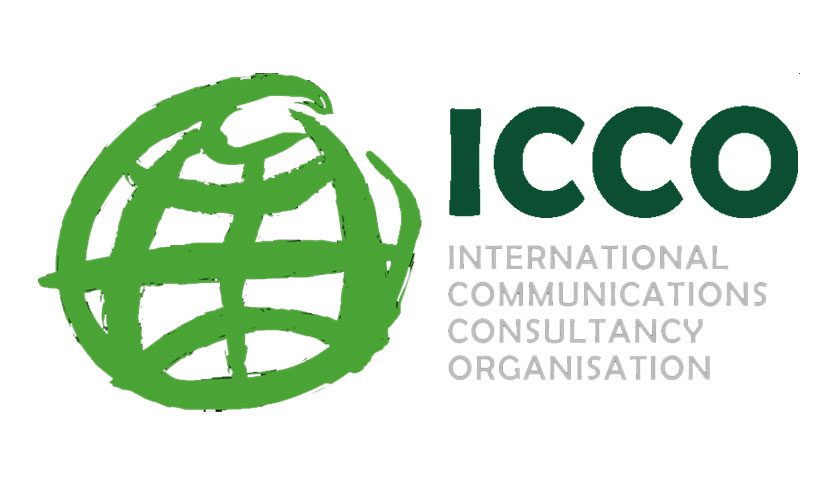ICCO’s latest Mis/Disinformation Survey, conducted under the Media Information and Education Pledge, has revealed a growing demand among communications professionals for unified action against information pollution. Drawing insights from respondents across +20 countries[1], the survey shows increasing concern and a clear call for collaboration, upskilling and responsible technology use.
The research comes at a time when misinformation and disinformation have been named the most significant short-term global risks in the World Economic Forum’s Global Risks Report 2025.
Developed under the Media Information and Education Pledge by: International Communications Consultancy Organisation (ICCO), Council of Europe, The Trust Project, European Association of Communication Directors (EACD), Global Women in PR, EUPRERA and AMEC – the International Association for Measurement and Evaluation of Communication
Key Insights from the Survey
- Leadership Role for Associations: Respondents ranked forming alliances with institutions, fact-checking bodies and tech platforms as the most effective step (avg. rating: 4.43/5), followed closely by training and certifying professionals in content verification (avg. rating: 4.22/5)
- Fact-checking, Comms Industry Pushback on Social Media Policy Changes: A majority (81%) opposed recent moves by some social media platforms to end partnerships with independent fact-checkers, expressing concern over weakened information integrity.
- AI’s Evolving Role: Confidence in AI’s ability to combat mis/disinformation is moderate. In 2025, 25% viewed AI as playing a significant role with additional 22% saying “it depends”. In 2024, 42% of respondents affirmed AI can play a significant role. This year 23% could mention AI/technology products to detect mis-disinformation vs 18% of previous year.
- Impact on Daily Work: 65% of professionals said they noticed an increase in disinformation over the last 12 months, while 42% have been working on reputational/crisis comms projects prompted by mis/disinformation against their organization/clients.
- Topics & Sectors at Risk: Politics, Elections and armed Conflicts are the top 3 topics subject to mis/disinformation followed by Climate Change. With regards to sectors most frequently targeted by false information, the top 3 includes Healthcare & Pharmaceuticals, Food & Beverage and Energy, followed by Financial Services.
“Our 2025 survey shows an increase in disinformation according to respondents’ daily work experiences along with a moderate confidence in AI’s ability to combat mis/disinformation. In this context, professionals call for stronger alliances among different stakeholders of the information society. Collective collaboration frameworks will be more and more relevant to enable the sharing of best practices, training and resources to fight disinformation” affirmed Massimo Moriconi, ICCO Global VP and Chair of the Mis/Disinformation Working Group.
Handbook Receives Global Praise
To support practical action, ICCO and its partners released Tackling Mis/Disinformation – A Global Digital Handbook for Communicators in May 2025. The handbook has already received strong traction and positive feedback from the global communications community for offering clear guidance and actionable tools.
An Invitation to Join the Movement
The Pledge community is expanding. Organisations are invited to align with its ten guiding principles, contribute resources and work together to improve media literacy and uphold ethical standards.

